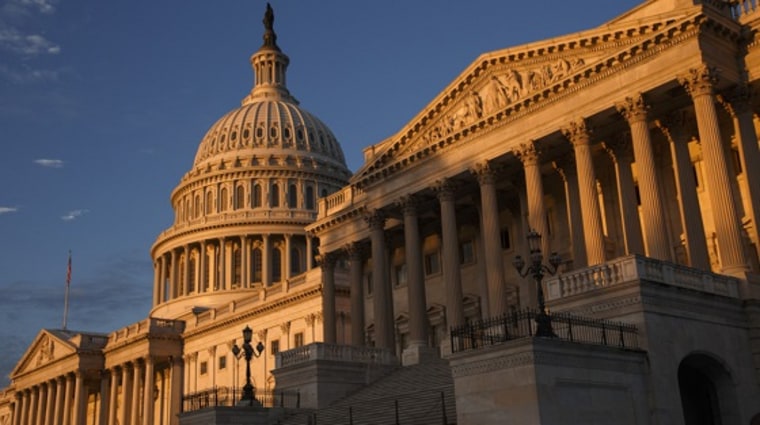
Once in a great while, quite a bit.
The Republican National Committee raised $7.1 million in September, but that figure fell $300,000 short of its Democratic counterpart, making September the first time in 17 months that the Democratic National Committee hauled in more money. [...] The Democrats' lead is due to a surge in donations Sept. 30, when a two-day blast of "shutdown fundraising" brought in $850,000.
Now, the news for the DNC is not all good -- it's still burdened by debt from last year's election push, while the RNC is debt free. For that matter, Republicans now enjoy a two-to-one cash-on-hand advantage.
But it's that streak that stands out. For the last 17 months, the parties would release their monthly haul, and every time, the RNC would beat the DNC. Then Republicans threatened a government shutdown -- and the DNC broke the streak.
Indeed, the Democratic Congressional Campaign Committee, which focuses on U.S. House elections, crushed its Republican counterpart in September, $8.4 million to $5.3 million. Ordinarily, the majority party is expected to win these fundraising fights, but last month, it was the DCCC that won big, boosted by Republican antics on Capitol Hill. Note that Democrats raised $2 million online on nearly 100,000 donations in the days immediately following Sen. Ted Cruz's (R-Texas) faux filibuster.
I remember talking to a contact at the DNC shortly after President Obama's second inaugural, and he said the party had two broad hopes going into the 2014 midterms. First, that Republican extremism would terrify mainstream voters, most notably independents and moderates. Second, that Republicans would provide the necessary motivation to Democratic voters, encouraging them to get involved, get engaged, and actually show up in a midterm cycle.
And that's precisely why these fundraising totals stand out: it's another piece of the larger political mosaic. It's too early to say with confidence what turnout will be like a year from now, but fundraising often offers a hint: is the party's base excited? Are party loyalists motivated and invested (literally and figuratively) in the coming elections?
For now, the answer is "yes."
As Republicans donors grow weary, Democratic donors are feeling more generous. As Republican incumbents retire, Democrats are getting a recruiting boost. As Republicans sink in the polls, Democrats start to see a possible wave forming.
If you're a party strategist looking ahead, which side of the political divide would you rather be on?